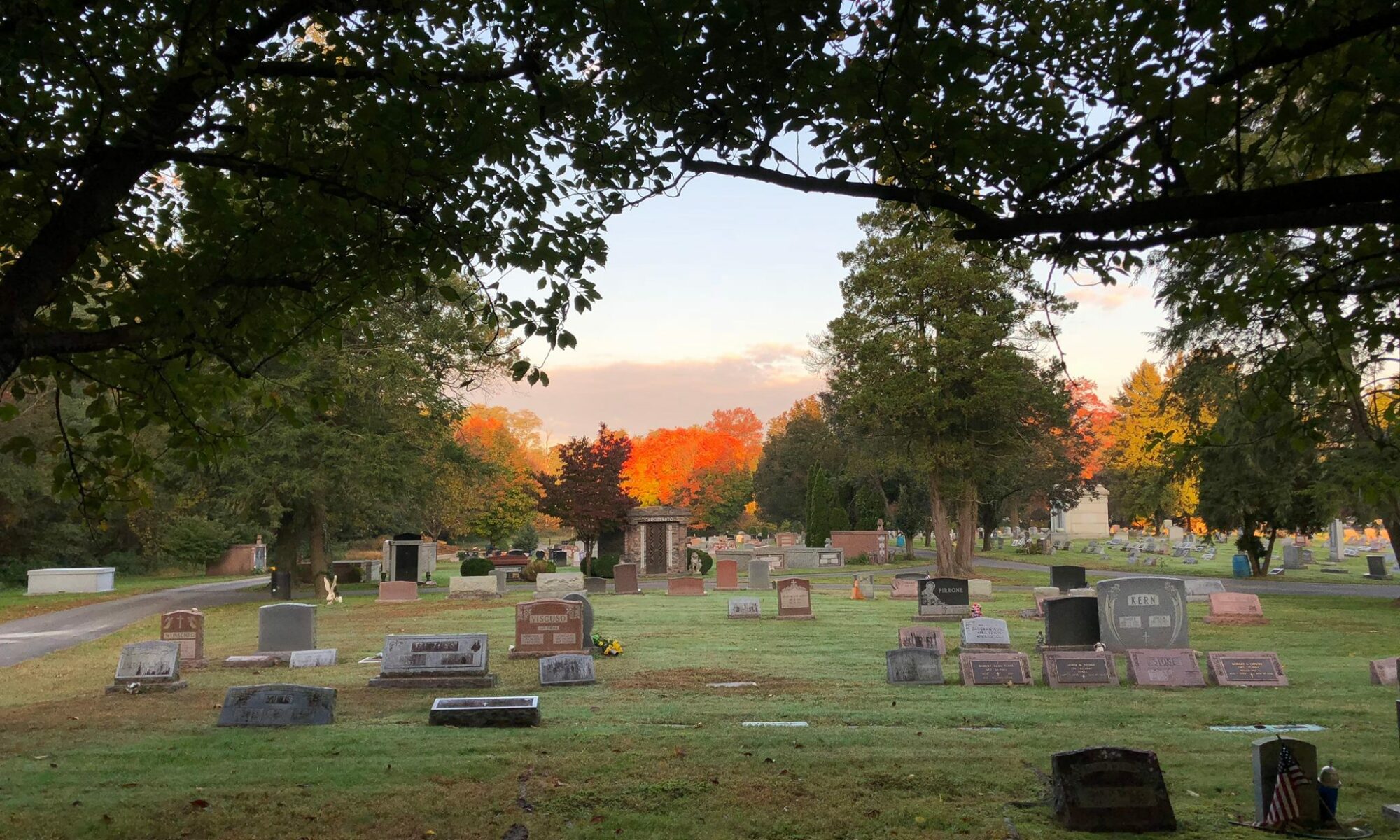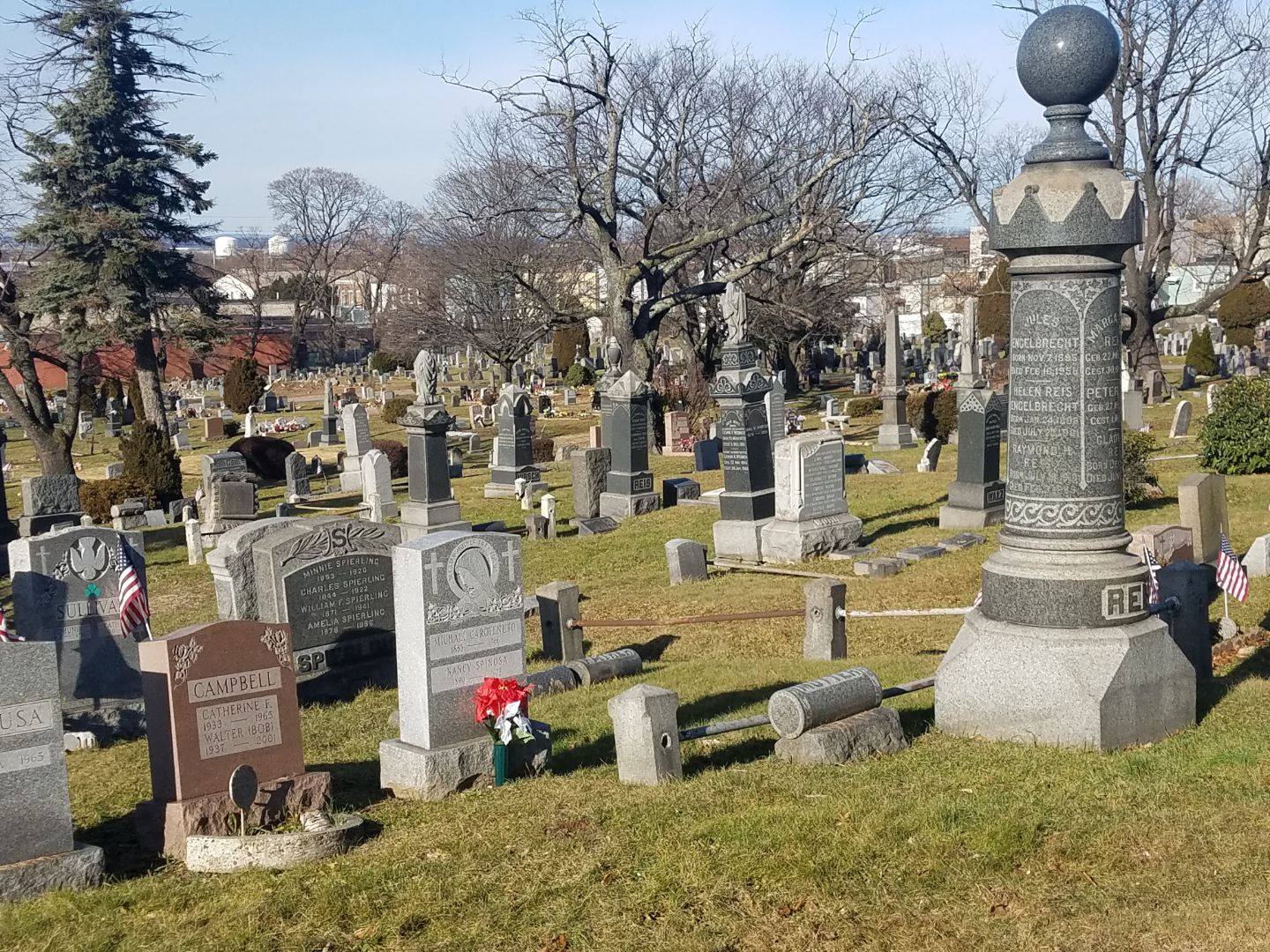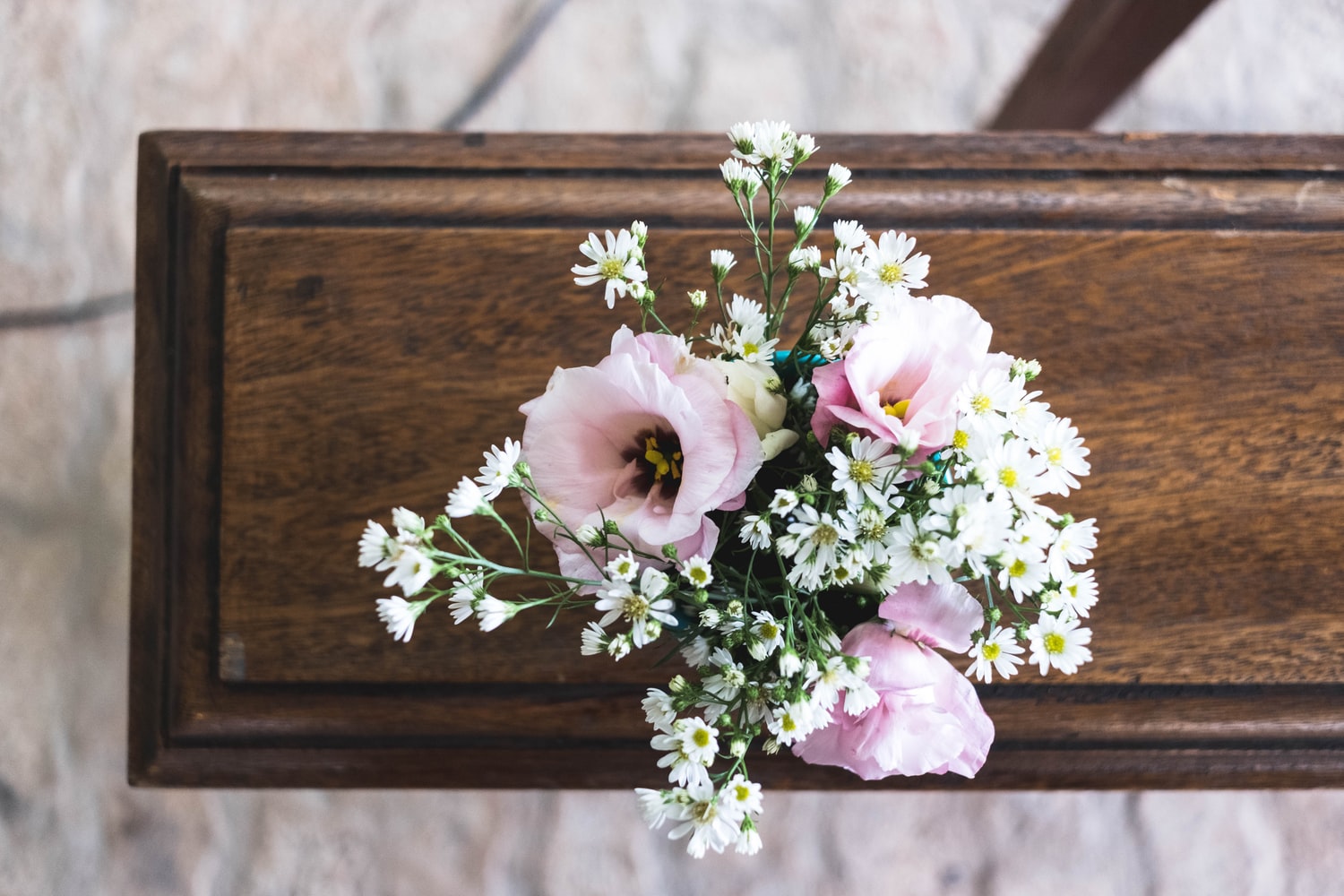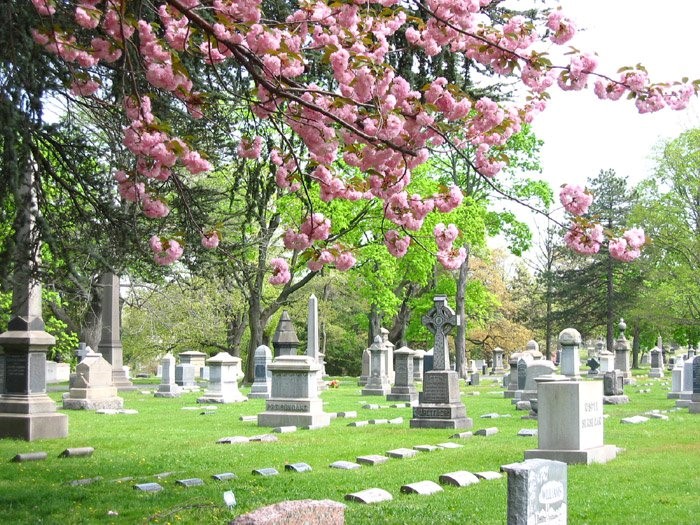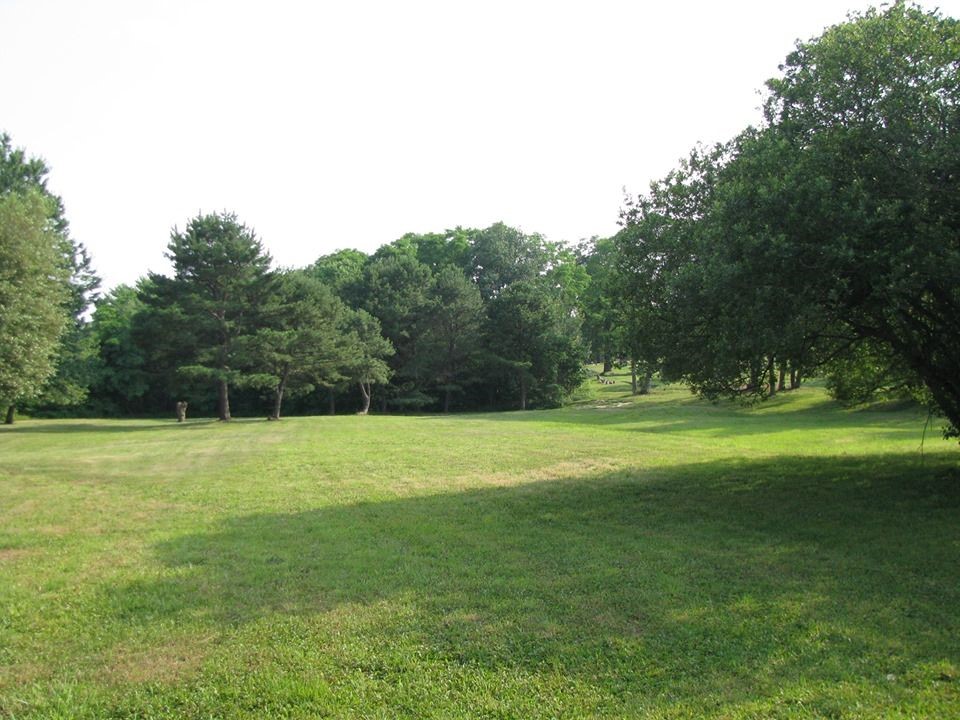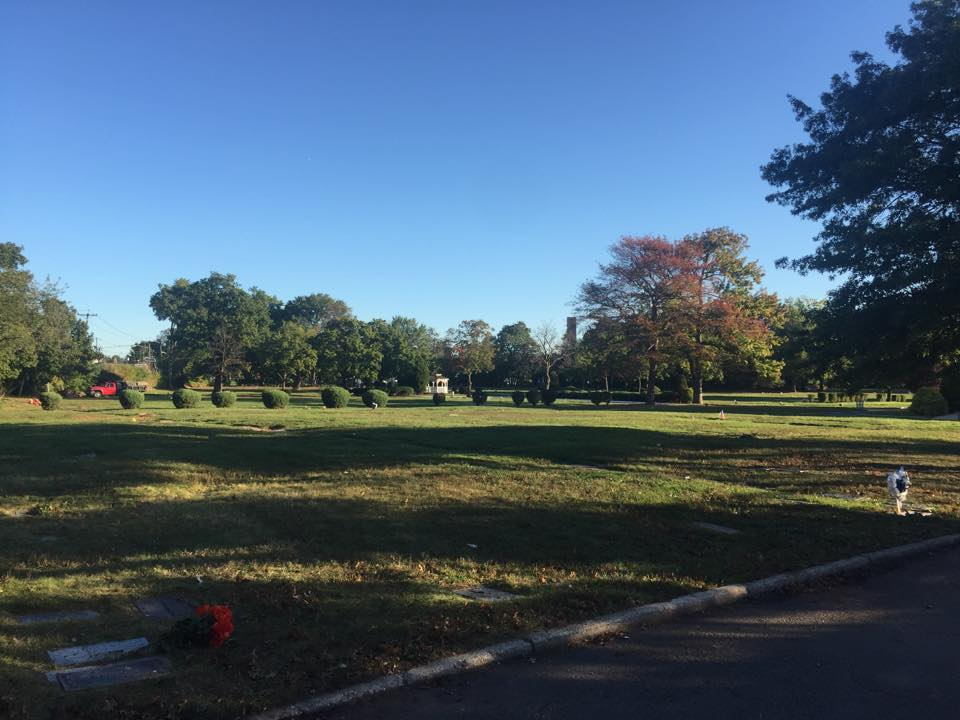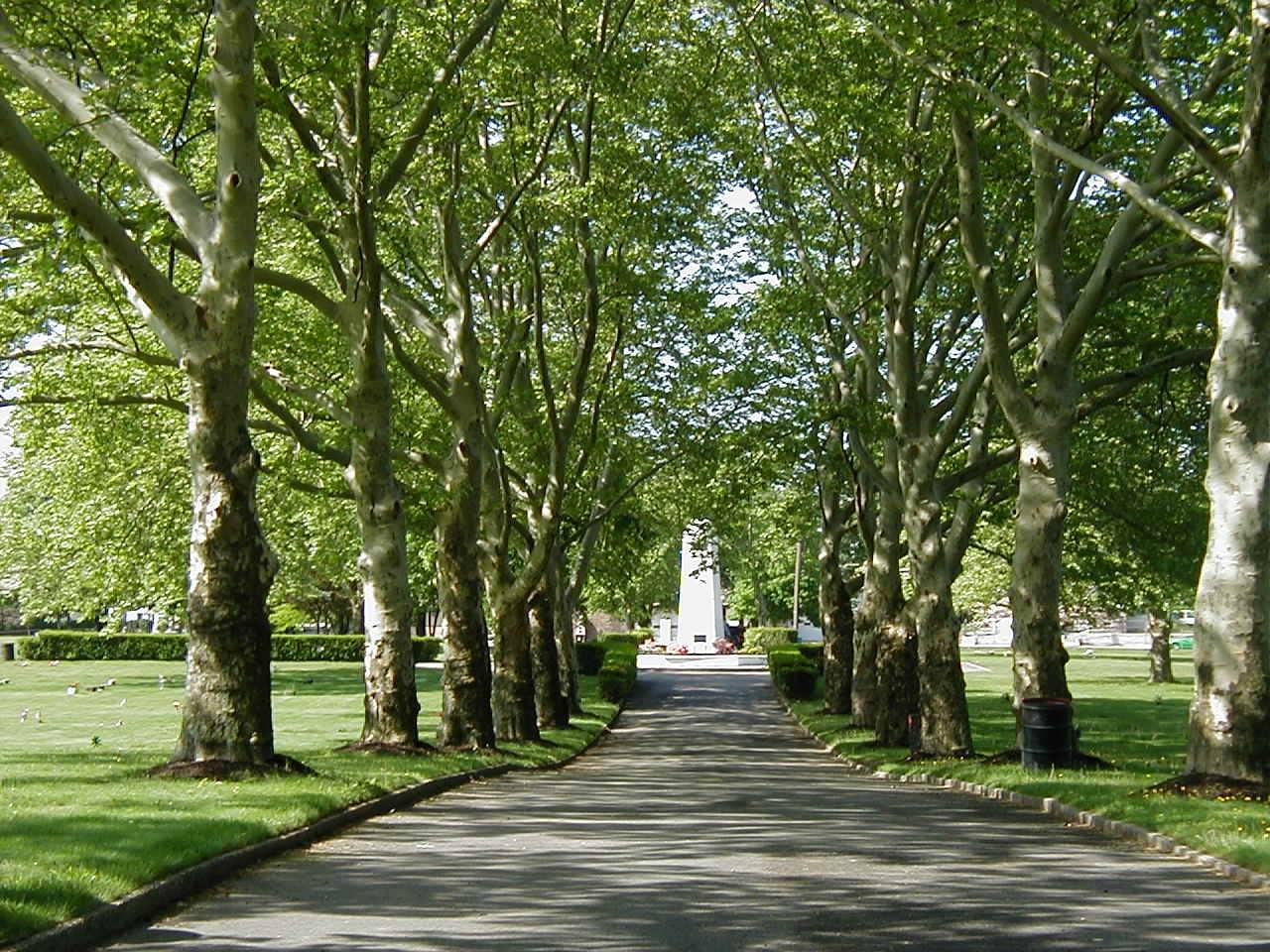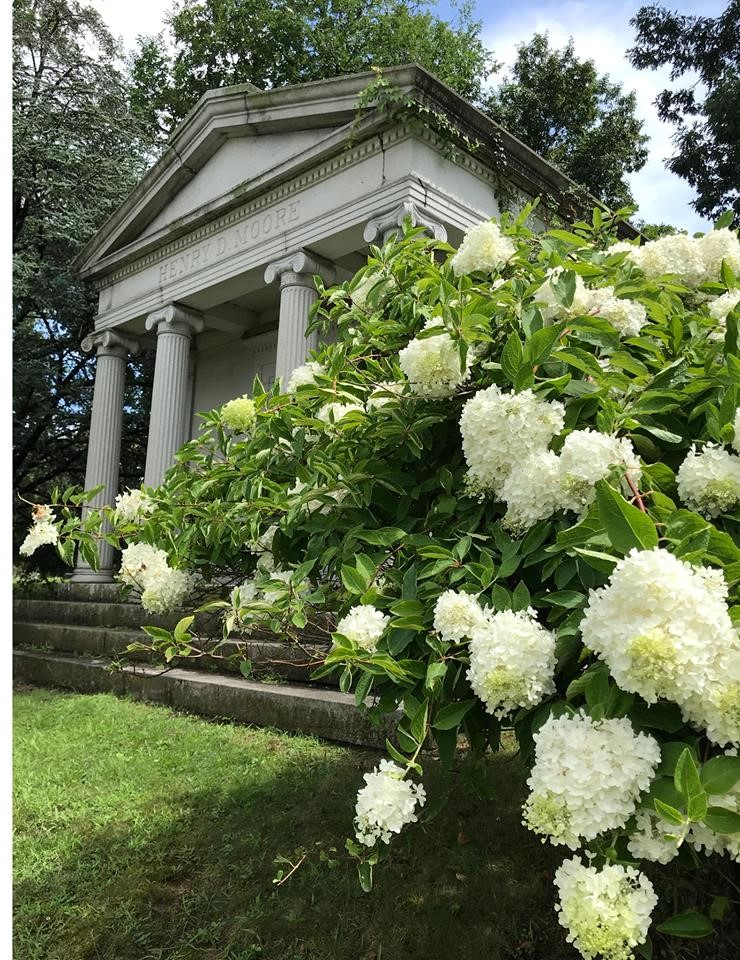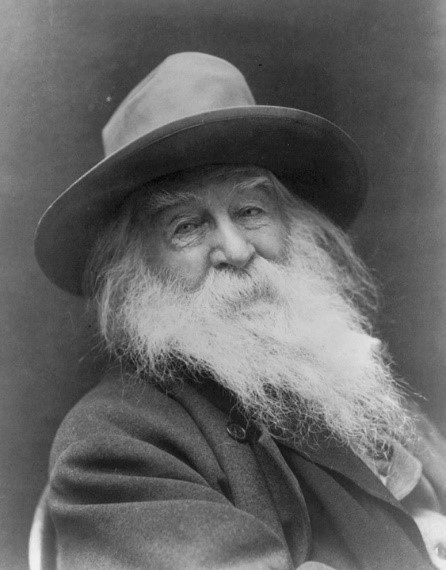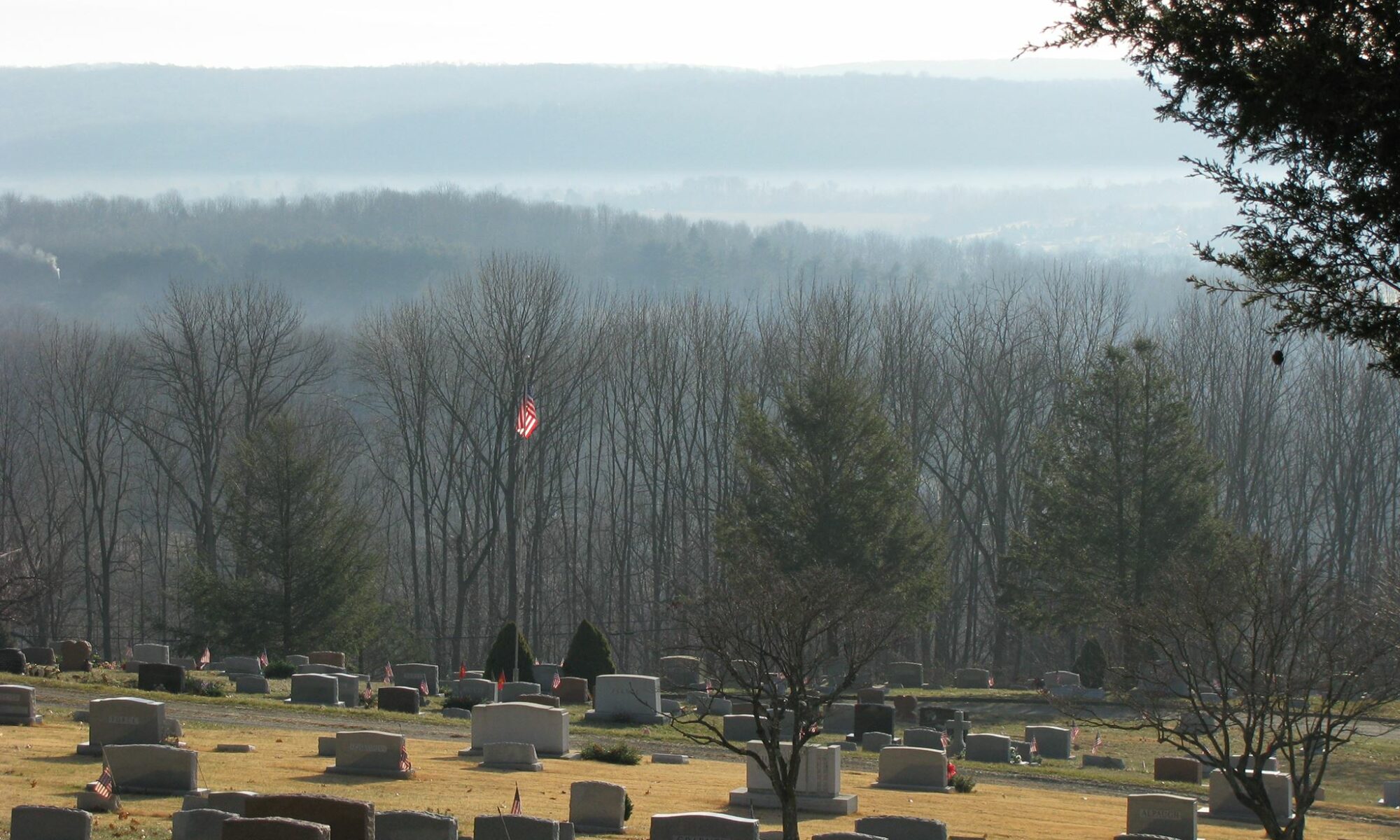It is natural to feel overwhelmed when attending a funeral. Funerals are a very intense time, especially if the death was unexpected. Whether you attend a funeral or not is ultimately your decision, however, if you want to learn how to fight back from the anxiety you feel and show up, here are three ways to cope with the anxiety.
-
Open Up to Someone
Bottling up your anxiety and fear does not make it go away, it just makes the feeling stronger. One way to calm your nerves is expressing yourself to a close friend or family member. Many funeral directors offer support and guidance to get people through a funeral, so it might be worth it to reach out to them.
-
Remember That it’s Okay to Show Emotion
Many people are not comfortable showing intense emotions or grief, but just remember that it’s okay to do so. You don’t have to hide or suppress your feelings at a funeral. This is the time to express your grief and get support from those around you.
-
Practice Self-Care
Anxiety is just one of the many emotional and physical results of grief. When grieving, you may experience the inability to sleep, eat, or you may feel physically sick. To prepare for a funeral, practice mindfulness or take a soothing bath to help calm yourself down.
Louis Cicalese, cemetery trustee in New Jersey is president of the board of the historic Harleigh Cemetery and serves as an advisor to a number of non-profit cemetery organizations in New Jersey.
Source: Funeral Guide
